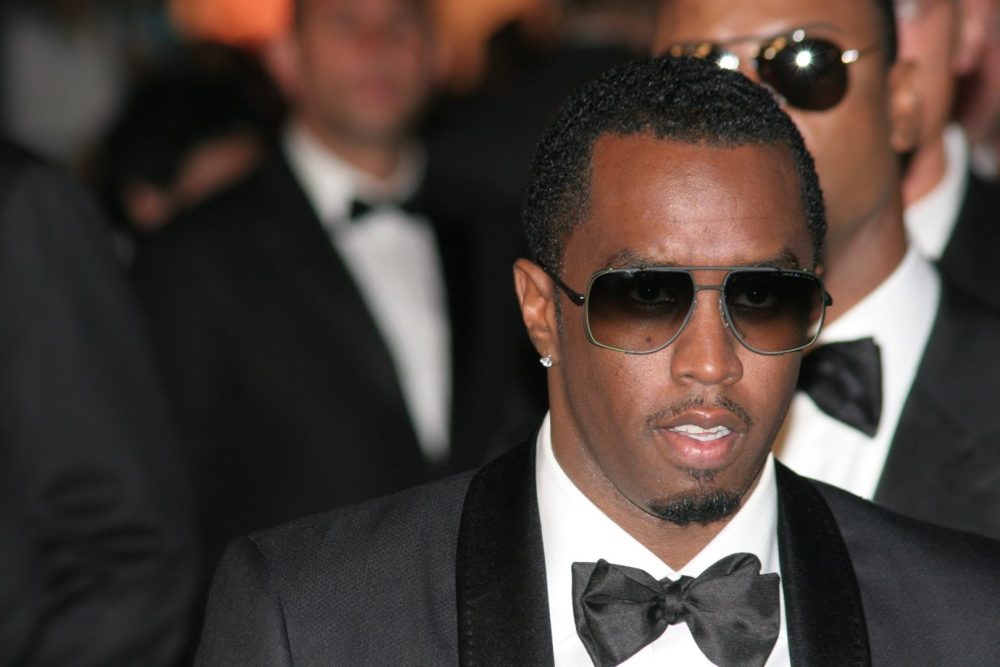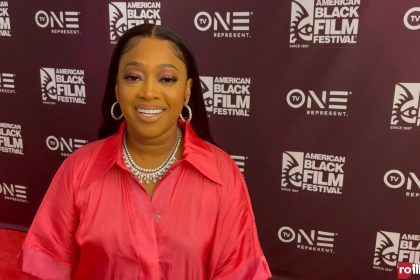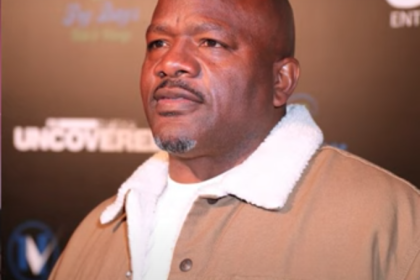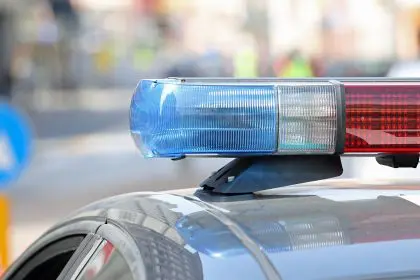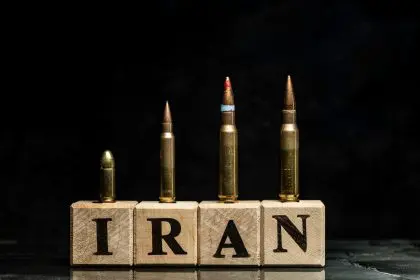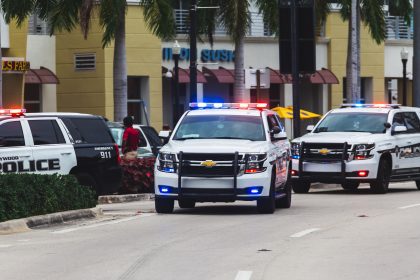Sean “Diddy” Combs, the renowned music mogul, faces significant legal challenges as a federal judge has denied his request for a gag order aimed at limiting public statements from potential witnesses and their attorneys. This ruling comes amid serious allegations against him, including charges of racketeering and sex trafficking, which could lead to a life sentence if he is convicted.
Background of the case
In September, Diddy was indicted by federal prosecutors, who allege that he orchestrated a vast criminal operation to fulfill his sexual desires. The indictment has led to a wave of civil abuse lawsuits against him, prompting his legal team to seek a gag order. They argued that “inflammatory extrajudicial statements” made by victims and their attorneys were jeopardizing his right to a fair trial.
Judge’s ruling
On Nov. 8, Judge Arun Subramanian ruled against Diddy’s request, stating that such an extreme measure would infringe upon the First Amendment rights of the alleged victims. The judge emphasized the importance of balancing Diddy’s right to a fair trial with the rights of those who claim to be his victims.
Implications of the decision
The judge’s decision highlights the complexities of the legal system when it comes to high-profile cases. While Diddy’s attorney, Marc Agnifilo, argued that the public statements were damaging to his client’s character, the judge maintained that a blanket gag order would silence individuals who may not even be involved in the case.
Next steps for Diddy
In addition to the gag order denial, Diddy’s legal team has also renewed their request for his release on a $50 million bond while he awaits trial. This request has been denied multiple times since his arrest. However, Agnifilo pointed out that other defendants, such as former Abercrombie & Fitch CEO Mike Jeffries, were granted pretrial release under similar circumstances. Agnifilo argued that the conditions proposed for Diddy’s release are significantly more stringent than those for Jeffries.
Public and media reaction
The ruling has sparked discussions about the intersection of celebrity, justice and free speech. Many observers are closely watching how this case unfolds, as it raises important questions about the rights of alleged victims and the legal protections afforded to defendants. The media coverage surrounding Diddy has been intense, with various outlets reporting on the allegations and the ongoing legal proceedings.
As Diddy navigates this tumultuous legal landscape, the denial of his gag order request marks a significant moment in his case. With serious charges looming and the potential for a life sentence, the stakes are incredibly high. The legal battles ahead will not only determine Diddy’s fate but also set precedents regarding the rights of victims and defendants in high-profile cases.

